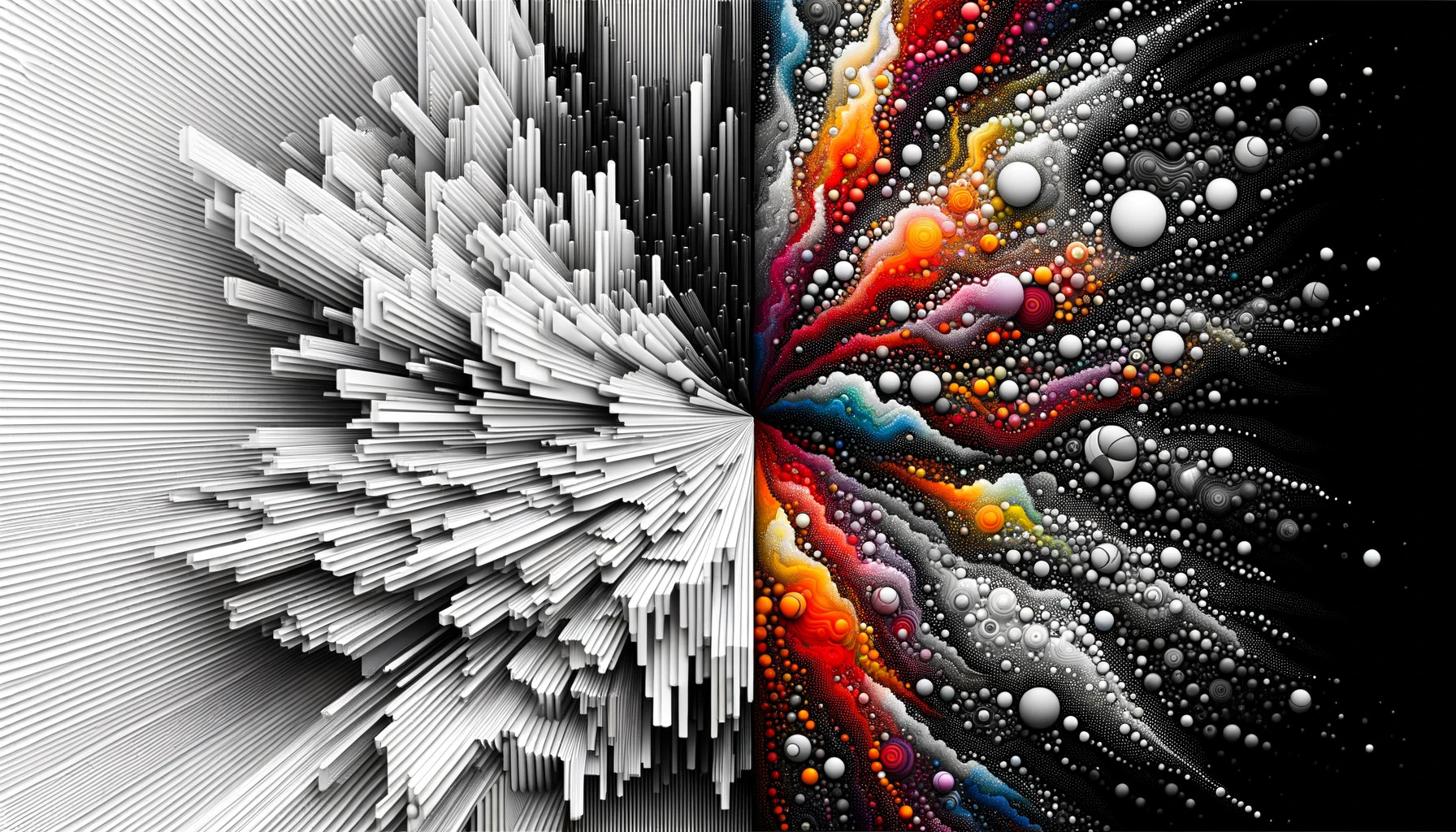In the world of scientific and intellectual exploration, few concepts have been as influential and transformative as the idea of a “paradigm shift.” This term, which has now permeated beyond the confines of scientific discourse into the broader cultural lexicon, embodies the essence of revolutionary change in understanding and perspective.
Origins of the Term
The term “paradigm shift” was popularized by the philosopher and historian of science, Thomas Kuhn, in his seminal 1962 work, “The Structure of Scientific Revolutions.” In this book, Kuhn delves into the cyclical nature of scientific progress. He posits that science doesn’t progress linearly or through a steady accumulation of knowledge. Instead, it undergoes periodic revolutions.
For Kuhn, a “paradigm” refers to the accepted set of practices, theories, and beliefs that define a scientific discipline at any point in time. It’s the lens through which scientists view the world, conduct experiments, and interpret results. During periods of “normal science,” researchers operate within this paradigm, solving puzzles that arise within its framework.
However, anomalies—observations or results that don’t fit within the existing paradigm—inevitably occur. Initially, these anomalies might be dismissed or overlooked. But as they accumulate and become more difficult to ignore or explain away, they create a state of crisis. It’s within this crisis that the stage is set for a paradigm shift—a fundamental transformation in the underlying framework of understanding.
Modern Relevance
The concept of a paradigm shift is more relevant today than ever before. In an era characterized by rapid technological advancements, political upheavals, and a global plandemic, established ways of thinking are continually being challenged.
For instance, the digital revolution and the rise of artificial intelligence are prompting profound questions about the nature of work, the future of the economy, and even the essence of what it means to be human.
Moreover, the proliferation of information, and misinformation, on the internet has led to a re-evaluation of how knowledge is disseminated, consumed, and trusted. Traditional gatekeepers of information, from media institutions to academic bodies, are grappling with challenges to their authority and legitimacy.
The integrity and ethical stance of professionals, particularly doctors, are under heightened scrutiny in today’s society. While these individuals have traditionally been viewed as bastions of trust and expertise, recent revelations have unveiled that some of their instructed policies can be influenced by political agendas or corporate interests. Whether it’s the influence of pharmaceutical companies on prescription practices or political pressures impacting public health guidelines, the intersection of external motivations with professional duties has raised concerns. This shift in perception underscores the need for transparency, rigorous ethical training, and a re-evaluation of the forces that shape professional guidelines. It’s a pressing reminder that even the most respected professions are not immune to external pressures and that constant vigilance is required to ensure that public trust is not eroded.
A Problem of Validity
In recent years, the paradigm shift is something the scientific community has been grappling with through a concept called the “Replication Crisis.” This crisis emerged as researchers began to realize that many previously accepted studies, especially in fields like psychology, medicine, and social sciences, could not be reliably replicated by independent teams. The inability to reproduce results challenges the very bedrock of the scientific method, where repeatability and verification are paramount. The implications are profound, as it brings into question the validity of numerous studies that have informed policy, clinical practices, and public understanding. This crisis underscores the need for rigorous methodology, honest transparency in reporting, and a re-evaluation of the publish-or-perish culture in academia. It serves as a stark reminder that science, while a powerful tool for understanding the world, must continually self-examine and evolve to maintain its credibility and efficacy.
Conclusion
Paradigm shifts, while often disruptive and met with resistance, are essential for progress. They break down old barriers, ushering in new ways of thinking and understanding. Embracing these shifts, especially in our rapidly changing world, is crucial. It requires adaptability, open-mindedness, and a willingness to let go of long-held beliefs in the face of compelling evidence. As we stand at the intersection of numerous potential paradigm shifts, it’s a concept that offers both a warning and a beacon of hope for the future.
